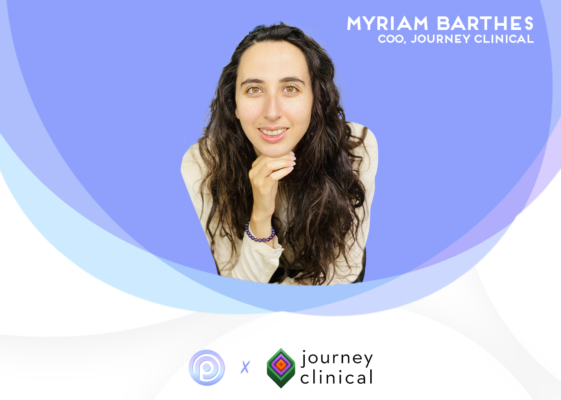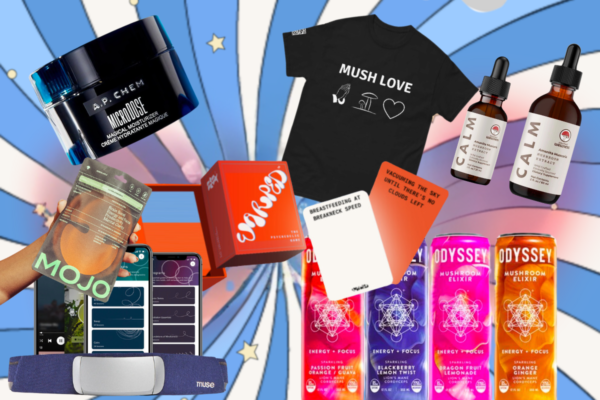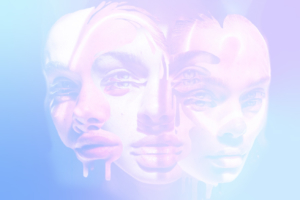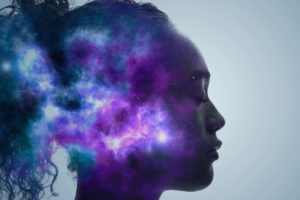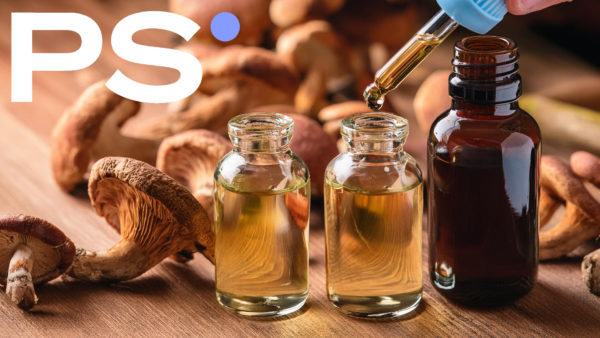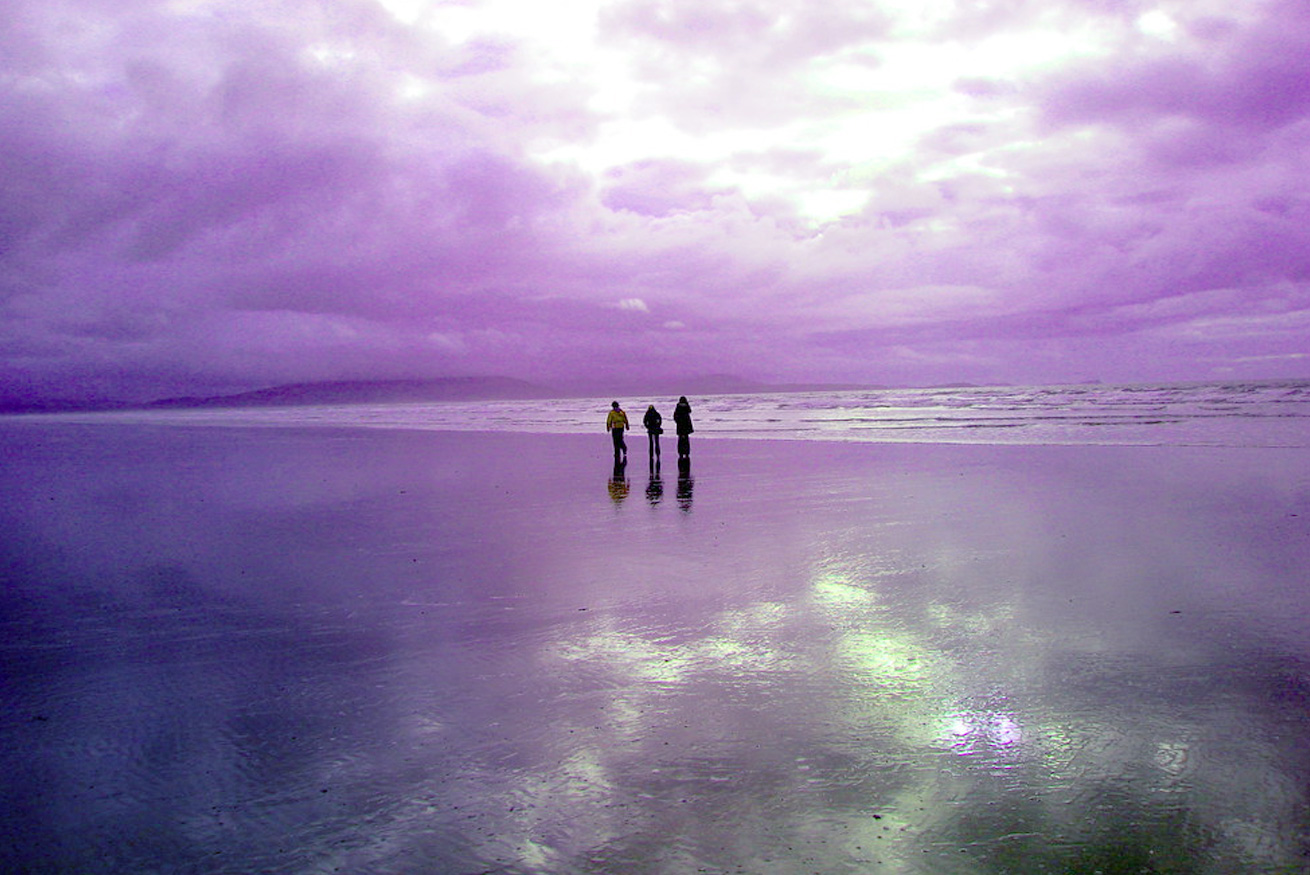
If a recent Harris Poll of U.S. adults who suffer from anxiety, depression, and/or PTSD is representative of public opinion at large, then the majority of Americans suffering from mental health issues want access to psychedelics.
The survey of 953 adults ages 18 and older, conducted online this past December on behalf of Delic Holdings Corp (CSE: DELC) (OTCQB: DELCF) (FRA: 6X0), found 65% believe that psychedelic medicine — specifically ketamine, psilocybin and MDMA — should be made available to patients with treatment-resistant anxiety, depression or PTSD.
Furthermore, 63% of those respondents said the prescriptions they have used or are currently using to treat those mental health conditions did help, but left residual feelings of anxiety, depression or PTSD. 18% said that the medication did not improve their condition or made it worse.
“We are witnessing a silent crisis impacting people across the globe exacerbated by an ongoing pandemic, and the results of this survey should compel more medical professionals and lawmakers to support in-depth studies on the therapeutic benefits of psychedelic medicine,” says Matt Stang, co-founder and CEO of Delic, which recently acquired Ketamine Wellness Centers and runs 12 ketamine wellness clinics in the United States.
“This promising family of new medicines has the potential to be more effective than traditional medicines with minimal side effects, giving people their best selves back,” he continues. “Our country’s mental health crisis not only impacts public health, but also the economy–each year, untreated mental illness costs the U.S. up to $300 billion in lost productivity.”
83% of those anxiety/depression/PTSD patients surveyed said they would be open to pursuing alternative treatments proven to be more effective than prescription medication with fewer side effects.
Ketamine, a legal psychedelic accessible in clinics across the country, is proving through both clinical studies and patient/doctor testimonials to be very effective in rapidly reducing symptoms of depression one to four hours after a single treatment, and the effect can last up to two weeks. The world’s first controlled trial to investigate the efficacy of ketamine-assisted therapy for the treatment of Alcohol Use Disorder (AUD) concluded very promising results, as well, with 86% of patients receiving receiving three ketamine infusions combined with therapy abstaining from alcohol for 162 of 180 days in the six-month period following the treatment.
It was also the most popular of the three psychedelics included in the Harris Poll. If the drugs were proven to be more effective than prescription medication with fewer side effects, 66% said they would be open to pursuing treatment using ketamine to treat anxiety, depression or PTSD. 62% said they’d consider psilocybin prescribed by a physician, and 56% were open to MDMA.
Though this survey suggests public acceptance of psychedelics is growing, Delic notes it is not based on a probability sample — a sampling technique that involves randomly selecting a small group of people from a larger population, and then predicting the likelihood that all their responses put together will match those of the overall population. Therefore, no estimate of theoretical sampling error can be calculated, and a more extensive study would be required for a more accurate reading of American public opinion on this topic.
